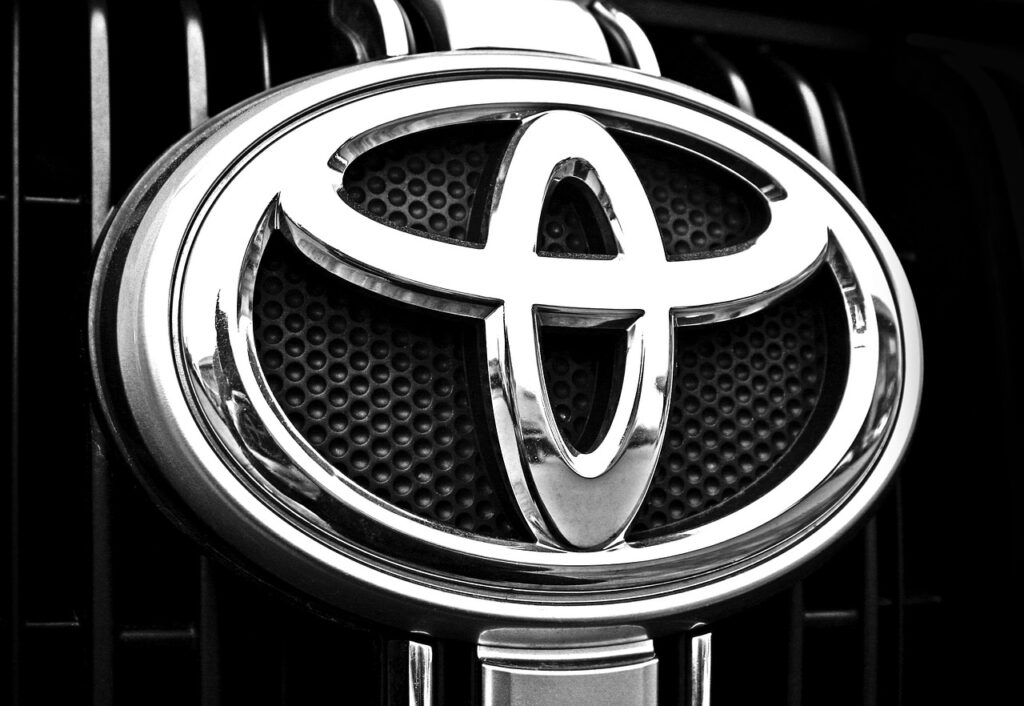Toyota has been making significant advancements in solid-state battery technology, aiming to revolutionize the electric vehicle (EV) landscape. However, recent insights from the company reveal a surprisingly conservative stance on the deployment of these promising batteries.
The automaker outlined its targets for solid-state battery production, stating that in the anticipated mass production phase post-2030, the goal is to reach a capacity of several thousand tonnes, equivalent to producing several tens of thousands of vehicles aligning with Toyota’s product plans.
This revelation has raised eyebrows, considering Toyota’s global sales prowess, with 10.48 million vehicles sold in 2022 alone. A target of producing only several tens of thousands of EVs equipped with solid-state batteries by 2030 appears notably modest. To put this in perspective, if Toyota achieves a production of around 30,000 electric cars with solid-state batteries in 2030, it would represent less than 3% of the company’s annual sales.
This conservative approach is disheartening for EV enthusiasts, especially considering Toyota’s prior emphasis on solid-state batteries as a potential game-changer in the electric vehicle race. In contrast, industry leader Tesla has set an ambitious target of producing 20 million EVs per year by the end of the decade, dwarfing Toyota’s projections.
Curiously, Toyota had previously announced its ambitious plan to sell over 100,000 hydrogen vehicles annually by 2030, surpassing its projected production of electric cars equipped with solid-state batteries. This raises questions about the automaker’s strategic focus and allocation of resources between hydrogen and solid-state battery technologies.
While Toyota’s cautious approach may dampen initial expectations, it is important to note that the automaker is not alone in its pursuit of solid-state batteries. Competitors like Honda and Nissan are also venturing into the development of solid-state cells, with pilot production facilities in the pipeline. Nissan, in particular, sees solid-state batteries as a potential game-changer for larger EVs such as pickups and SUVs.
As the automotive industry navigates the transition to electrification, Toyota’s approach to solid-state batteries adds a layer of complexity to the evolving EV landscape. The coming years will unveil whether this cautious strategy pays off or if market dynamics push Toyota to accelerate its adoption of solid-state battery technology.





